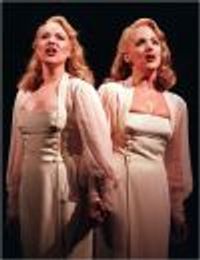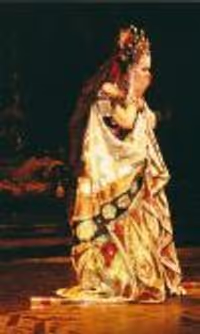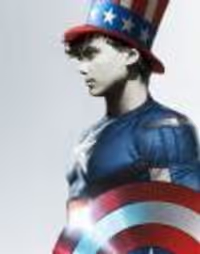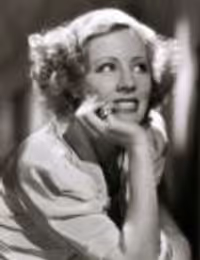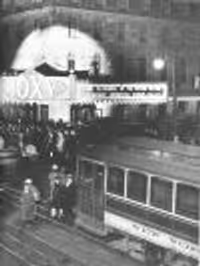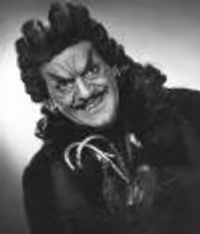Can You Identify This Poster?
Triton Gallery
Swing Joined: 11/12/12
#1Can You Identify This Poster?
Posted: 2/1/13 at 2:16pm
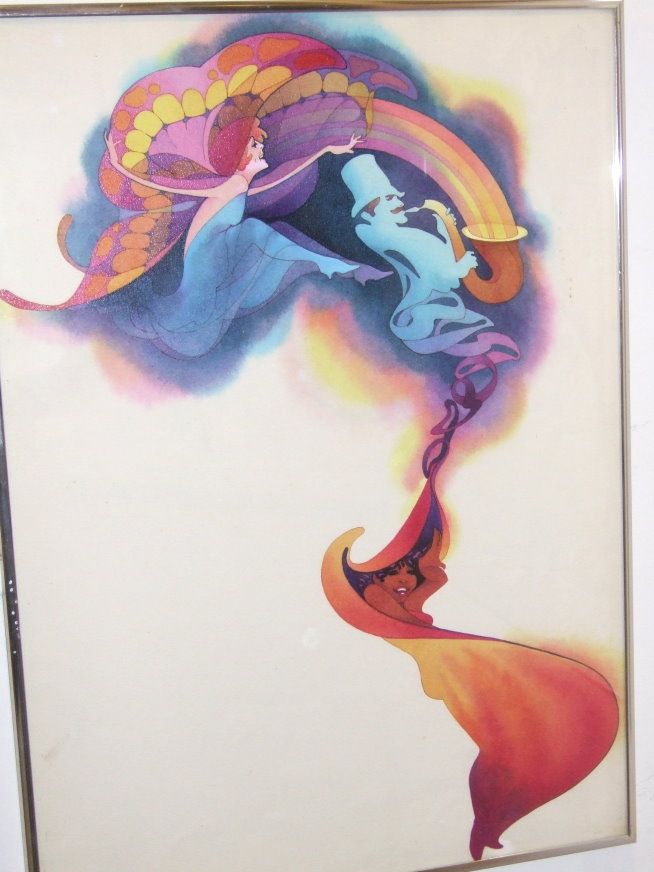
Triton recently received some original poster sketches from the estate of illustrator Frederic Marvin, who passed away in January.
Among the artwork was an unused submission that we cannot identify. We have attached the image here and are hoping that someone in the Broadway world might have a guess. (We have some guesses we'll share later). Based on the other sketches in the collection it is safe to date it sometime in the 1970's, maybe 1980's.
Thanks for your help.
#2Can You Identify This Poster?
Posted: 2/1/13 at 2:21pmFinians Rainbow?
#3Can You Identify This Poster?
Posted: 2/1/13 at 2:27pm
Funny with the subject thought it was going to have to do with identifying
a troll. :)
#4Can You Identify This Poster?
Posted: 2/1/13 at 2:31pm
Are you sure this is a Broadway poster. The image seems very familiar to me. But my feeling is that I've seen some version of this on record album cover or a book cover.
#5Can You Identify This Poster?
Posted: 2/1/13 at 2:31pm
.
Triton Gallery
Swing Joined: 11/12/12
#6Can You Identify This Poster?
Posted: 2/1/13 at 2:34pmThere is some album cover art in the collection but it is all 12 x 12. This is 14x22. If it is an album cover it would be a unique size.
#8Can You Identify This Poster?
Posted: 2/1/13 at 3:06pmI don't see Finian's Rainbow except for the presence of a rainbow. And rainbows were on many things, art-wise.
#9Can You Identify This Poster?
Posted: 2/1/13 at 3:09pmIt looks like some kind of Alice in Wonderland Jazz show to me. With a butterfly.
#10Can You Identify This Poster?
Posted: 2/1/13 at 3:14pmThis does look like Dr Jazz
#11Can You Identify This Poster?
Posted: 2/1/13 at 3:23pm
Yeah, I don't get FINIAN'S RAINBOW. To me it looks vaguely turn-of-the-century, and seems to have something to do with jazz (or at least music of some kind).
DOCTOR JAZZ begins in 1917, and is the story of a black singer-dancer who goes from New Orleans to Harlem to Broadway, under the guidance of a white man. I can see all that in this design
The final poster seems to have been by the show's production designer, Raoul Pene Du Bois. Possibly that was a last-minute decision? That would also make a discarded design make sense.
But I'm just guessing.
Updated On: 2/1/13 at 03:23 PM
Roscoe
Broadway Legend Joined: 5/15/03
#12Can You Identify This Poster?
Posted: 2/1/13 at 5:25pmThe top female face looks rather Angela Lansbury-ish to me.
#13Can You Identify This Poster?
Posted: 2/1/13 at 6:18pmI thought so, too, so I originally thought PRETTYBELLE, but the other visuals didn't seem to support that.
#14Can You Identify This Poster?
Posted: 2/1/13 at 7:18pmIt struck me as a young Maggie Smith. But that didn't lead me anywhere.
#15Can You Identify This Poster?
Posted: 2/1/13 at 7:27pm
Hmm. It know it's from the estate of Frederic Marvin, but I think that's a red herring - I say it's an Al Hirschfeld design for the Finian's Rainbow movie, and the girl pictured is Petula Clark. An uneducated guess which probably doesn't make much sense, but it's a fun game.
#16Can You Identify This Poster?
Posted: 2/1/13 at 8:22pm
I'd say Doctor Jazz as well. That definitely looks like Lola Falana on the bottom.
#17Can You Identify This Poster?
Posted: 2/2/13 at 12:25amI immediately thought of Doctor Jazz as well.
#18Can You Identify This Poster?
Posted: 2/2/13 at 12:44am

Similar concept.
--Aristotle
Videos


